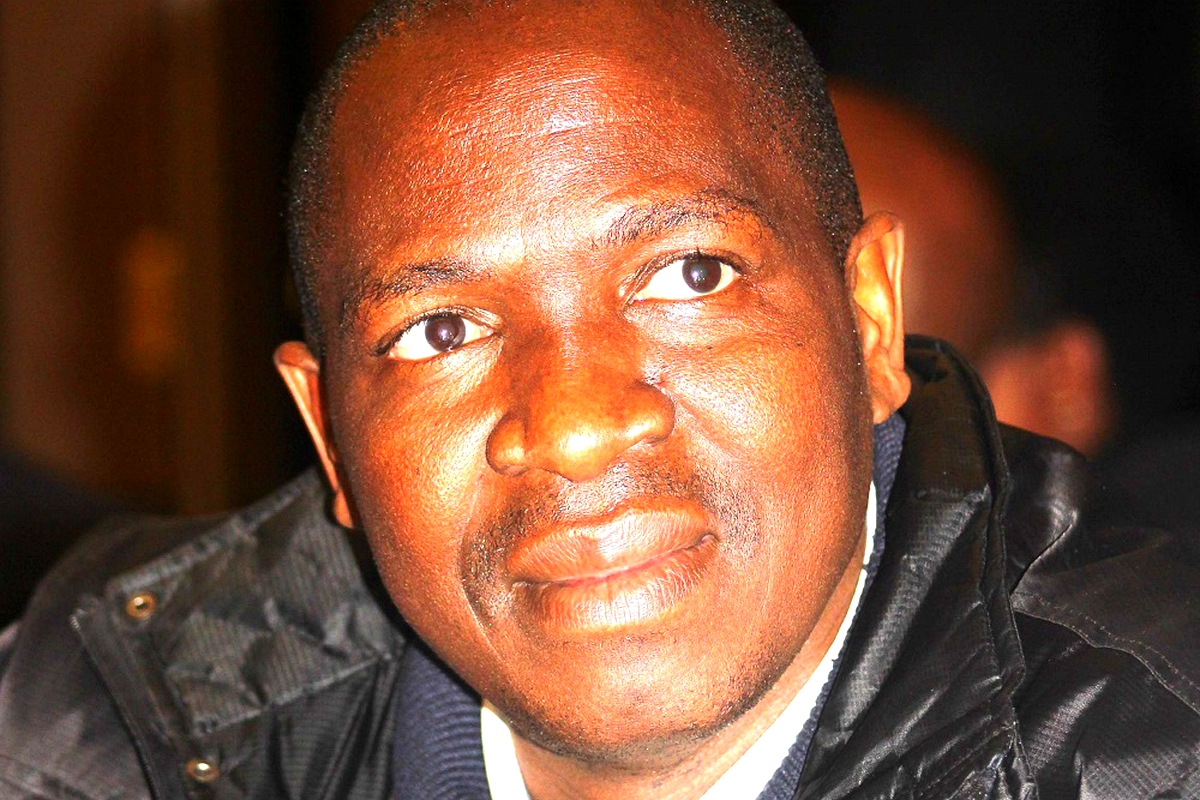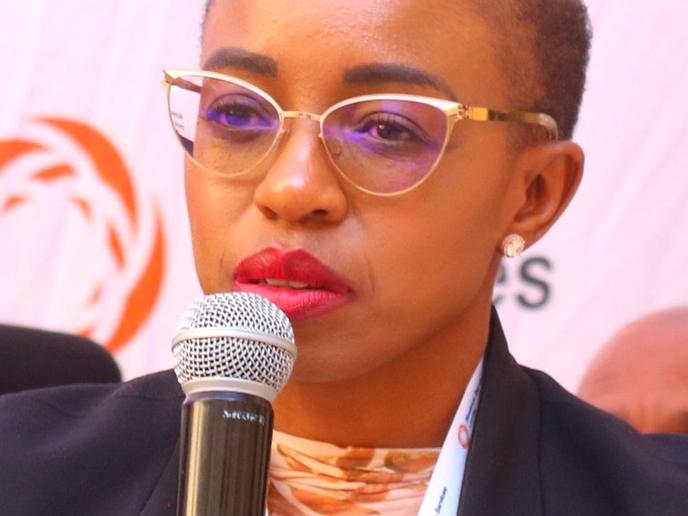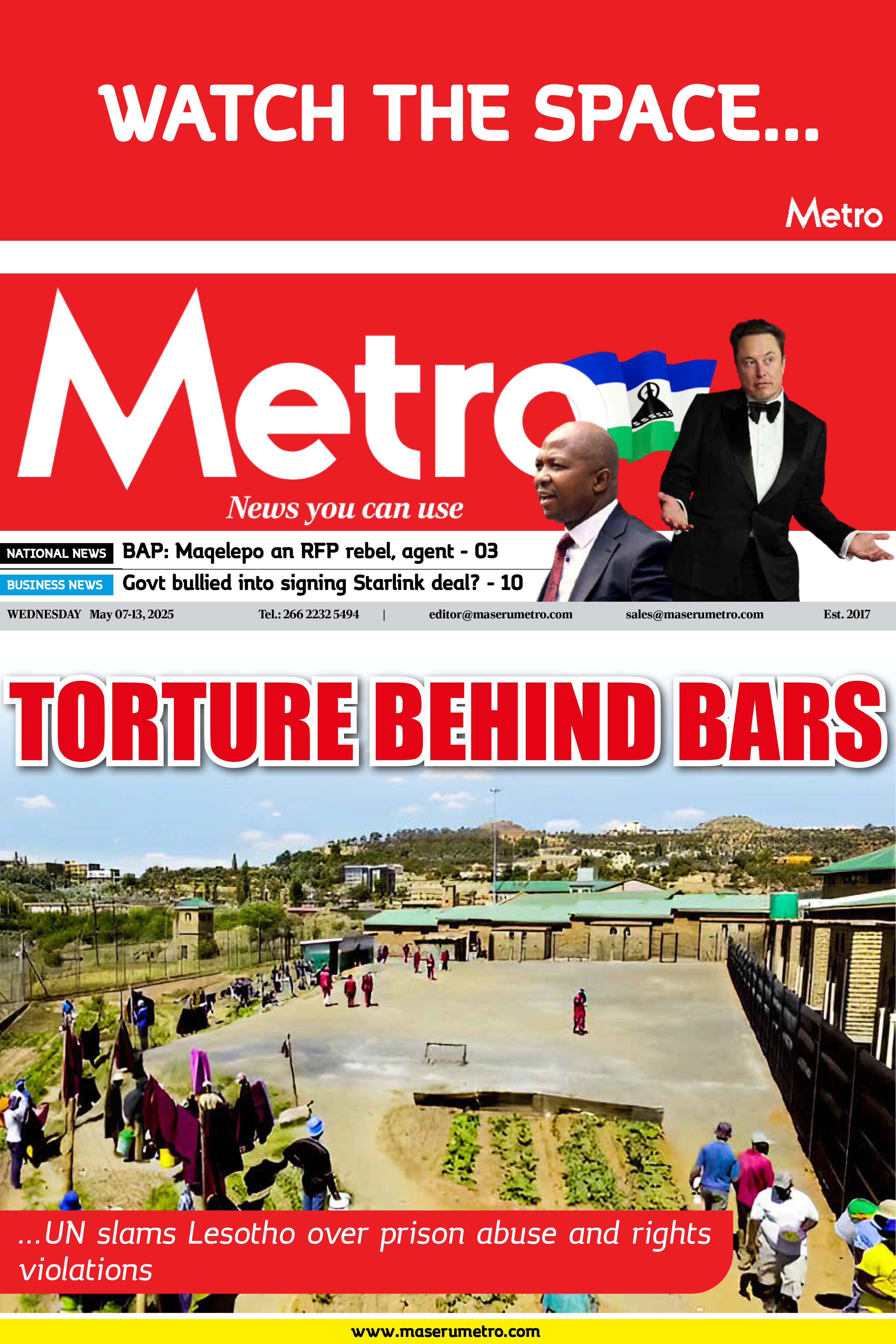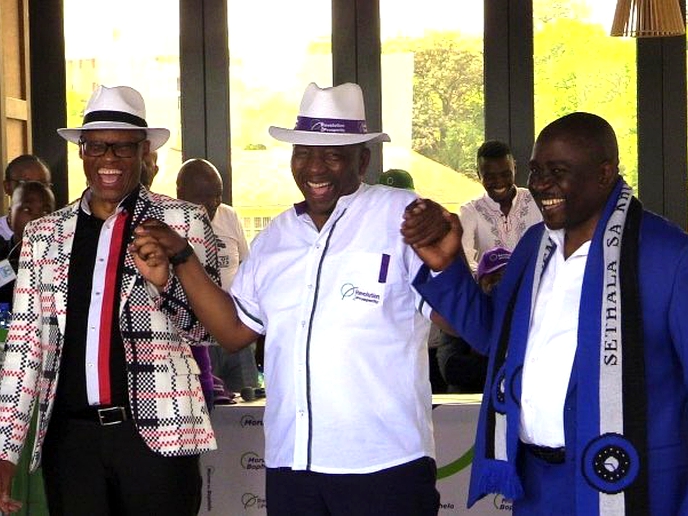DUE to the enormous financial constraints that were experienced by the Independent Electoral Commission (IEC) prior to the 2022 general elections, notable challenges were observed during the election period.
business
Oct. 13, 2022
NEO SENOKO
3 min read
IEC financial woes exposed during voting

LCN’s Executive Director, Seabata Motsamai
Story highlights
The IEC faced major financial restraints because out of its total budget of M329 million, the government only allocated M261.5 million of which only M152.7 million was released, leaving an enormous shortfall of M176.3 million.
Consequently, numerous trials surfaced along the way that could have otherwise been dealt with accordingly.
The Lesotho Council of Non-Governmental Organisations (LCN)’s interim observation mission, for instance, said on Monday that there were some isolated incidents where the polling stations officers portrayed a lack of confidence during the counting or decision-making processes in some polling stations.
Furthermore, it was observed that most polling stations were not accessible to the physically challenged and the elderly as they needed assistance to enter such facilities.
Most of the voting stations had insufficient access to electricity and this situation posed a serious challenge as generally, counting was done late in the evening, it was also observed.
In proportion to the number of voters, the voters’ boxes were limited such that at some stations, the presiding officers were already contemplating other means like the use of envelopes or any available materials.
Some polling staff lacked proper training about the electoral process even basic knowledge of the role of observers.
This, perhaps was predominant owing to the fact the staff was only recruited a few days before the elections day and the training they underwent was relatively insufficient.
Enjoy our daily newsletter from today
Access exclusive newsletters, along with previews of new media releases.
“Our observers noted that there was generally a permissive environment for multi-party participation and there were various political parties and independent candidates contesting elections. However, it has been observed that in some polling stations, some of the parties did not have agents. Other party agents did not know the full names of the parties they represented,” LCN’s Executive Director Seabata Motsamai said on Monday.
He, however, acknowledged that the ballot boxes were always locked during the voting process.
One of the concerns noted by the Observer Mission, he said was that the IEC in some instances used small rooms for voting despite previous disquiets that such places compromised the secrecy and security of the vote.
This time around, the voting booth did not necessarily promote voting secrecy, especially with the oversized ballot paper that was used.
“This exposed the voters’ preference on their choice of a candidate to those in the polling station, thus compromising the secrecy of the ballot, given the length and size of the ballot paper and many people in the voting room due to the number of party agents that have exponentially increased, thus making one voting room small,” Mr Motsamai added.
The LCN had deployed over 200 observers countrywide. The Observer Mission was guided by local, regional, and international principles governing democratic, free and fair elections.
The strategy further included the National Support Team responsible for supporting the deployed teams for logistical functions, and coordination of the different teams on the ground.






